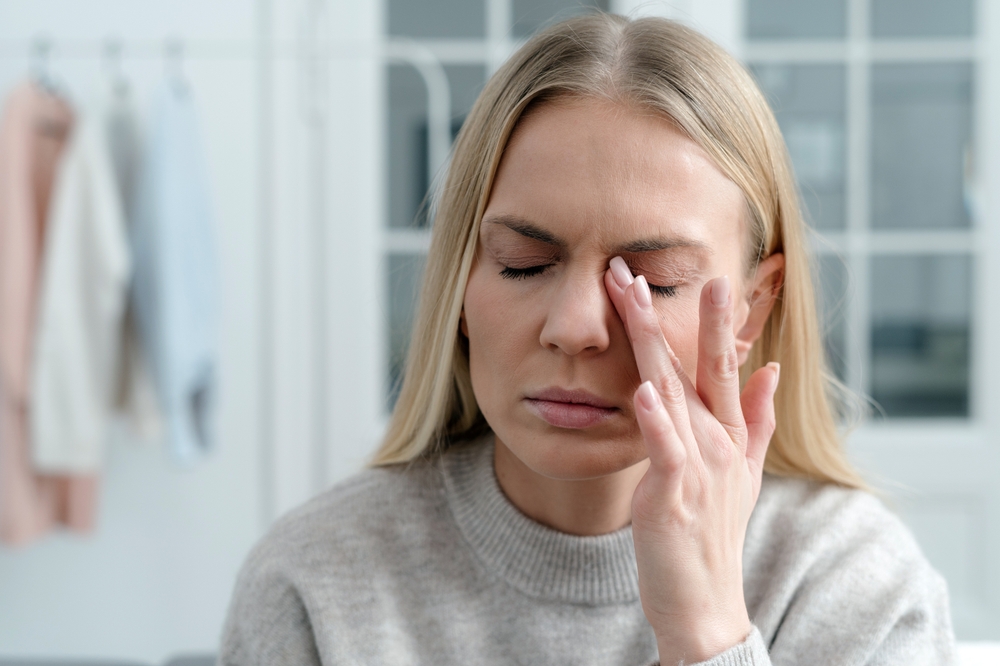
Dry eye syndrome is a common condition that affects millions of people worldwide. It occurs when the eyes do not produce enough tears or when the tears evaporate too quickly. This can lead to discomfort, blurry vision, and even damage to the surface of the eye. Dry eye syndrome can affect individuals of all ages, but there is a common age range where it is most prevalent. Understanding the factors that contribute to the development of dry eye syndrome and knowing when to seek treatment are essential for maintaining good eye health.
Understanding Meibomian Gland Dysfunction
One of the main causes of dry eye syndrome is meibomian gland dysfunction (MGD). The meibomian glands are located in the eyelids and produce an oil that helps to keep the tears from evaporating too quickly. When these glands become blocked or do not function properly, it can lead to a decrease in tear production and an increase in tear evaporation. MGD is more common as we age, which may explain why dry eye syndrome is most prevalent in certain age groups.
Symptoms of Dry Eye Syndrome
• Dryness: Persistent feelings of dryness in the eyes, often described as a "gritty" or "scratchy" sensation.
• Discomfort: General eye discomfort or irritation, which may worsen in windy or dry conditions.
• Redness: The eyes may appear red or bloodshot, particularly when they are irritated due to dryness.
• Watery Eyes: The eyes may produce excessive tears in response to the dryness, leading to watery eyes.
• Burning Sensation: A sensation of burning or stinging in the eyes, especially after prolonged periods of focusing, such as while working on a computer.
• Blurred Vision: Periodic or persistent blurred vision, particularly during activities that require prolonged visual concentration.
• Light Sensitivity: Increased sensitivity to light (photophobia) can occur in individuals with dry eye syndrome.
• Feeling of a Foreign Body: The sensation of having something in the eye (foreign body sensation), as if there is a particle or object trapped in the eye.
• Tired Eyes: Eyes may feel tired, particularly after long periods of reading, using digital screens, or engaging in visually demanding tasks.
• Difficulty with Contact Lenses: Those who wear contact lenses may experience discomfort, reduced tolerance, or an increased frequency of lens displacement due to dry eye symptoms.
Prevalence of Dry Eye Syndrome by Age
Dry eye syndrome can occur at any age, but it is most prevalent in certain age groups. According to studies, the prevalence of dry eye syndrome increases with age, with the highest rates reported in individuals over the age of 50. This is believed to be due to the natural aging process, hormonal changes, and other age-related factors. However, it is important to note that dry eye syndrome can also affect younger individuals, particularly those who spend a significant amount of time in front of screens or have certain medical conditions.
When to See an Optometrist for Dry Eye Treatment
If you are experiencing persistent symptoms of dry eye syndrome, it is important to seek professional help from an optometrist. They can perform a comprehensive eye examination to determine the underlying cause of your symptoms and recommend appropriate treatment options. Treatment for dry eye syndrome may include the use of artificial tears, prescription eye drops, lifestyle modifications, or in severe cases, advanced procedures such as punctal plugs or meibomian gland expression. It is important not to ignore the symptoms of dry eye syndrome, as untreated dry eyes can lead to complications and potential damage to the eyes.
Find Dry Eye Relief with Avant Garde Vision Center Today
Dry eye syndrome is a common condition that can affect individuals of all ages, but it is most prevalent in certain age groups. Understanding the factors that contribute to the development of dry eye syndrome, such as meibomian gland dysfunction and environmental factors, can help individuals take preventive measures and seek appropriate treatment when necessary. If you are experiencing symptoms of dry eye syndrome, it is important to consult with an optometrist to receive a proper diagnosis and personalized treatment plan. Taking care of your eye health is crucial for maintaining clear vision and overall well-being.
If you are experiencing symptoms of dry eye syndrome, don't wait. Schedule an appointment with our optometrist today to receive a proper diagnosis and personalized treatment plan. Visit Avant Garde Vision Center at our office in Wayne, New Jersey, or call (862) 336-1990 to book an appointment today.








